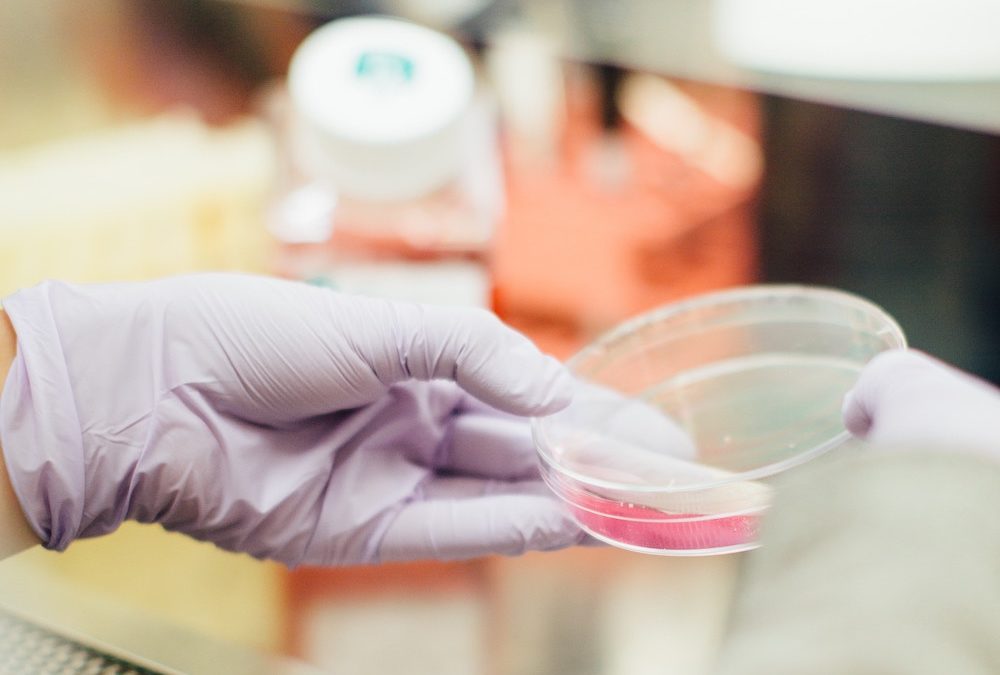
30 Jun FDA Approval for Cosmetic Treatments: What Does it Mean?
FDA approval for cosmetic treatments are a routine part of the launching process, but it can still raise questions. Mainly, it is important for the general public to know what that approval means and how it is earned by treatment companies. Additionally, is it permissible by a surgeon to suggest a treatment that is not FDA approved?
About the FDA
Before these questions can be answered, it is necessary to know what the U.S. Food and Drug Administration (FDA) is. This national administration regulates food, medications, tobacco products, vaccines, supplements, medical devices, radiation electronics, and cosmetics. Medical devices and cosmetics are generally the two categories where treatments offer by a plastic surgery office fall. This includes:
- Laser treatments
- Fat reduction devices
- Liposuction
- Injectables, such as Botox, Xeomin, Fillers, and Kybella
The FDA’s objective is to protect the U.S. public from danger by keeping companies accountable for marketing their products appropriately that is in conjunction with what they safely can accomplish. The regulations put in place by the FDA prevent related devices and products from having unsubstantiated claims attached to them. FDA approval can happen in a number of ways, but medical treatments and devices must undergo a particularly vigorous investigation. In order to earn approval, this process usually involves clinical studies and testing. This is to ensure people know what they are purchasing and what results to expect from the products they consume.
Uses by Medical Professionals
While a cosmetic treatment may be approved for one particular use, medical professionals are still able to use it in other ways. Even if a particular use for an FDA-approved treatment is not outlined by the administration, many treatments still have a multitude of safe and effective uses generated by providers across the country. Widespread applications, or “off-label uses”, can even one day lead to new FDA approvals once trials and studies are adequately performed. That being said, the expertise and knowledge of medical professionals can help patients understand treatments fully, as well as facilitating new lines of research for the FDA to examine.

